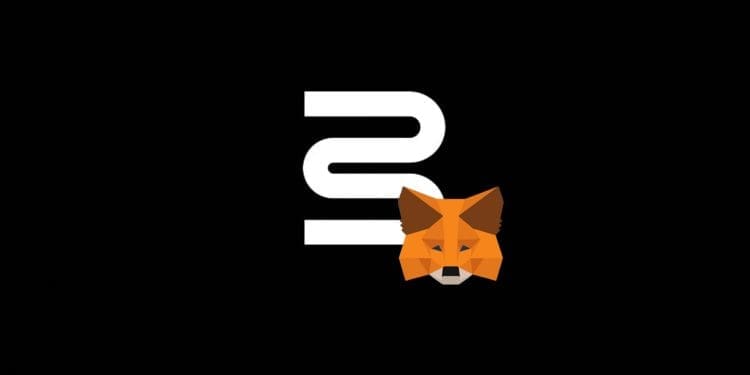- MetaMask and Blockaid have partnered to launch privacy-preserving security alerts that help prevent billions in theft by simulating transactions without sharing user data.
- Blockaid has already prevented over $100k in theft, including when Vitalik Buterin’s account was hacked. Based on previous success, the alerts could prevent billions in theft when available to all MetaMask users.
- The alerts set a new standard for privacy in web3 by eliminating the need to share every transaction with third parties, unlike other wallets. MetaMask aims to enhance safety without sacrificing core privacy values.
MetaMask Adds Privacy-Preserving Security Alerts That Aim To Prevent Billions From Being Stolen.
How The New Security Alerts Work
MetaMask in collaboration with Blockaid, a leading web3 security provider, launches security alerts that help stop malicious transactions before they happen, protecting users from scams, phishing, and hacks.
MetaMask and Blockaid developed a privacy-preserving module to simulate transactions while removing the need for users to share data with third parties.
The Impact
Blockaid was recently able to protect over $100,000 of assets from being stolen in a high-profile case involving a hack of Ethereum co-founder Vitalik Buterin’s X account.
Based on previous trends, when available to 100% of MetaMask users, these alerts aim to prevent billions worth of assets from being stolen.
Setting a New Standard for Privacy
Most web3 wallets rely on sharing users’ transaction data with a third party for validation to provide security alerts. In contrast, MetaMask and Blockaid have pioneered a unique privacy-preserving module that effectively simulates transactions while eliminating the need to share every single transaction and signature request with external parties.
With these native privacy-preserving security alerts, MetaMask is not only enhancing user safety but also setting a new standard for privacy-preserving security in the web3 ecosystem. Privacy is a core value of web3 and should not need to be sacrificed to improve usability.
Blockaid’s Track Record
Blockaid already has an established record of preventing theft. When Vitalik Buterin’s X (formerly Twitter) account was hacked to promote a malicious dapp, Blockaid’s proactive scanning was able to flag the bad actor and stop over $100,000 in digital assets from being stolen.
When a similar scam targeted the CEO of Uniswap’s X account, Blockaid was able to prevent any losses from transpiring at all. These types of attacks occur regularly so losses averted quickly add up.
The Game-Changing Impact
The web3 ecosystem is dynamic with approximately 3-4 new dapps emerging every minute, translating to around 5,000 per day. Blockaid estimates that about 10% of these dapps are malicious.
Unintended transaction outcomes have ranked among the most common causes of fund loss incidents within MetaMask. Security alerts that proactively thwart malicious transactions are pivotal in safeguarding users against scams, phishing, and hacks.
In April 2023, MetaMask and Blockaid jointly introduced Opensea security alerts as an experimental opt-in feature. This feature garnered adoption from an average of 4% of MetaMask users and effectively averted asset theft valued at $500 million based on prevented and identified malicious transactions since April 2023.
Due to the success of this experimental opt-in feature, MetaMask and Blockaid anticipate that the new privacy-preserving security alerts will prevent the loss of assets worth at least billions dollars when the feature becomes a default setting for MetaMask wallets.
Conclusion
MetaMask’s partnership with Blockaid will have a substantial impact on bolstering security, but education remains pivotal in ensuring that users engage with the web3 ecosystem in a safe and self-managed manner. MetaMask Learn, a learning simulation platform launched in January 2023, aims to assist users in navigating web3 concepts and self-custody wallets.














